Whether you like it or not, basically everything you want to do, at least physically appearance wise, relies on your diet. If you want to drop the pounds you need to shed calories (it’s far easier to ditch 500 calories from your diet than burn 500 calories every day).
And if you want to pack on the muscle?
Well, you’ll need to switch up your diet as well.
So those guys walking around the gym with muscles larger than the weights they’re lifting?
Even if you make a side comment to your buddy about how they must be juicing, they still need the protein to build up those muscles. Muscle growth is dependent on this intake of protein, and chances are, you’re not getting anything near what you need to be.
So we’ve got all the tips and dieting tricks you need to build the muscles you’ve been eyeing (as long as you’re ready to hit the gym and work for it, of course).
Best Diet for Muscle Gain Tips
Let’s Talk About Protein
So you see the dudes with the giant muscles at the gym, just downing all sorts of crazy amounts of protein.
Is that what you need to be doing in order to boost muscle size? Just non stop, 24-hours a day protein consumption?
No, you don’t.
In fact, bringing in too much protein without your body becoming accustomed to it may actually cause kidney problems as it attempts to filter everything (some will tell you a high protein diet isn’t bad for your kidneys, and it’s not, as long as you work your way up to a high protein diet. Sudden increases of anything will cause problems).
So first of all, don’t change your diet just yet.
You want to read all of this before moving forward. According to Peter Lemon, Professor of Exercise Nutrition at University of Western Ontario claims to build muscle as a body builder or strength athlete, you want so shoot for around .7 to .8 grams of protein per pound of bodyweight. Anything more and you’re overdoing it.
Now, you can go online and dig up just about any number for protein per pound. You may even see numbers as 1.5 grams per pound. Realistically, it will differ some per person, as everyone absorbs protein differently (and different kinds of protein differently, as we’ll see a little later).
However, if you do decide to look at other numbers and you have yourself convinced that you do need 1+ grams per pound, consider the source.
Are they trained in sports nutrition? Are they certified trainers for major sporting teams?
Don’t just listen to some random guy on the Internet. You want someone with education, testing and scientific proof.
Not All Protein is Absorbed
So you’re adding up all the protein levels and you know you’re reaching what you need to be. That’s great and all, but it doesn’t mean all of your protein is going to be absorbed.
Say what!!??
Yes, it’s true.
Your body absorbs protein differently. It even depends on the kind of protein you’re consuming. So let’s look at that real quick before getting into your diet.
Whey protein is actually the best for absorption rates. Your body can take in anywhere from eight to 10 grams of whey protein per hour.
But wait!
You’re drinking 30 grams of protein before every workout. Well, you’ll want to split it in half (plus, most whey protein powders will tell you 30 grams of protein per serving, but two scoops is usually one serving, so it’s easy to split up).
Beyond this, your body can absorb around 6.1 grams of casein protein per hour, 3.9 grams of soy protein per hour, and 2.8 grams of cooked egg protein per hour. Now, everyone is a little bit different, and as your body becomes accustomed to a particular kind of protein it will begin to absorb it better. With that said, you should at least keep these basic numbers in mind. Don’t just eat 200 grams of protein in one sitting and call it good. You will need to spread it out.
Ditching Carbs?
There are people who swear by low carb, high lean protein diets.
There is some truth to this, but this kind of a diet is more specifically geared towards if you want a fit and toned body. This is because carbs are used for energy first. There’s a reason why athletes carbo-load before major events.
They eat pasta instead of chicken, because carbs are used for energy first, and then proteins are used. So, if you ditch the carbs and stick with protein, your body will use the protein as energy. This leaves your body with less protein to convert into muscle.
So, in this instance, you will need more than .8 grams of protein per pound, simply because you’re not eating carbs and your body is converting the protein into energy.
Also, as a side note on fats. You should limit your fat intake but don’t cut it completely. Fat is a major source of testosterone, which helps give you added energy and is needed to build muscle. If you cut fat out you might struggle with this. But don’t think it’s okay to eat the pork fat or get that marbled steak.
Instead, good fats like olive oil or fats in nuts is where you want to look.
The Best Diet for Muscle Gain on The Daily
Starting Off the Day
When you wake up, the first thing into your body doesn’t need to be solid.
It should be water. You just want six or eight (or however many) hours without water. Your body is on the verge of dehydration. You need to begin hydrating right away. So grab a full glass of water and drink that down.
You’ll want to drink water throughout the day. 64 ounces minimum (there’s no such thing as drinking too much water). Hydro Cell USA recommends keeping a large water bottle with you as a reminder to constantly drink and stay hydrated.
Fix Up That (Black) Coffee
It’s important to eat something within the first hour of your day.
This helps pick up your metabolism. It also tells your body that yes, you will in fact eat today. Back when humans were hunter/gathers, the body would adapt to not eating on a given day. After rest, if no source of calories came in, the body when conserve the fat storage and instead begin to break down muscles as a source of energy.
This, obviously, isn’t what you want to do.
So you will want to begin the day with breakfast, but you don’t need it right away. Instead, start the coffee up. After all, if you’re like most people you just aren’t yourself without a cup of Joe.
Here’s the thing with coffee though. It’s only really good for you if you don’t add anything to it. At least if you don’t add any sugar or cream. That is loaded with fats, sugars, calories and all sorts of other junk you need to leave out. If straight black coffee isn’t your thing, consider a flavored bean. You can also add cinnamon. Cinnamon helps boost the metabolism and doesn’t have calories.
So the combo of black coffee and cinnamon is a great way to start the day (as black coffee also helps boost the metabolic rate) (Health Line, 2017).
Alright, so what should you eat in the morning to boost your metabolism further and begin your protein intake?
You have a few options. If you’re short on time, a whey protein drink is great.
Of course, a scoop of powder may not hold you for very long. So consider adding a bit of peanut butter, oatmeal or low-fat skim milk. You can also find powdered peanut butter. This has often a quarter of the calories as regular peanut butter but the same amount of protein. Plus, if you grab this and mix it with a vanilla protein powder (plus add the cinnamon) it will taste like cookies and cream.
Feel free to split this up into two. Drink the first half after waking up, then walk the dog, get in your abs workout or whatever you do in the morning, then down the rest before heading out…
You can also swap this out for a couple eggs and turkey bacon. That right there will give you around 30 grams of protein, and it’s in low-fat food form.
Snacks
Throughout the day you need a few snacks.
These are meant to keep your metabolism burning. For the snacks, consider a 15-gram protein drink, a handful of almonds and string cheese. You’ll end up with another 20 grams of protein or so, plus calcium and healthy fat from the cheese and nuts.
Lunch
With lunch, it is best to go with a low carb, high protein offering. Not because you need to avoid carbs here, but because when your body needs to break down carbs you end up feeling tired.
Ever eat a big pot pie for lunch and then head to work?
You end up wanting to pull a George Costanza and take a nap under the desk. No, instead you want low carb and lean protein options. So go with eight ounces of salmon (or other fish) or grilled chicken breast. Place it over a salad (ditch the croutons because that’s mostly salted bread) and use a balsamic vinaigrette and you have a great meal, full of fiber and proteins.
Dinner
In between lunch and dinner, remember to add in a snack. Up to this point, you’re probably closing in on 100 grams of protein, so it isn’t vital to add in a bunch of protein here before dinner. Unless you are planning a workout after your snack but before dinner. If that’s the case, add in another 15-gram protein drink along with an apple or another piece of fruit.
Here you’ll want to pick your protein.
Differ it up from lunch. Eating chicken all day is just a bore. You can swap in pork loin here if you want. Go for a leaner cut. If you want to really try something new consider buffalo or ostrich. Turkey is another great option. Generally just stay away from beef as there is more fat in these cuts and animal fat is something you should avoid (again, aim for fats that come from plant life).
You’ll want some steamed veggies for the fiber and nutrients and then find a starch. A few potatoes can work out well, although you might want to consider brown rice as well. Make sure to keep it to the serving size though.
It’s easy to quickly eat four times the amount of a serving size with starches.
These will give you enough carbs for more energy, just make sure you eat whole grain starches like whole wheat pasta and brown rice. White bread, normal pasta, and white rice have a good amount of sugars and processed material in it, which is not good for your body and will weigh you down.
Feeling Sleepy?
Throughout the day, do you feel extra tired?
And not just sleepy, but zapped of energy?
It’s probably because you’re not getting the kind of carbs you need. You’re working out heavy and blasting through the protein, so your body has little energy to do anything else. That’s exactly why you still need to bring in carbs during the day in the form of whole grains and that found in lean meats and even a bit of cheese.
In Conclusion
When it comes to building muscle, you need to focus on your diet. Hitting the gym and workout your muscle fiber is just part of the process. You then need to make sure your body has the necessary nutrients to build up those muscles.
Everyone’s body is different, so the exact amount of protein you’ll need to build muscle may vary from the next person.
However, as long as you follow this diet plan, you’ll start seeing gains in no time.
-Terry Asher
Terry Asher
Latest posts by Terry Asher (see all)
- Better Family – Product Review Liquid Daily 2 oz - Dec 16, 2024
- Post-Workout Recovery: The Key to Optimal Performance - Nov 25, 2024
- Pre-Workout Supplements – Everything You Need To Know - Nov 18, 2024

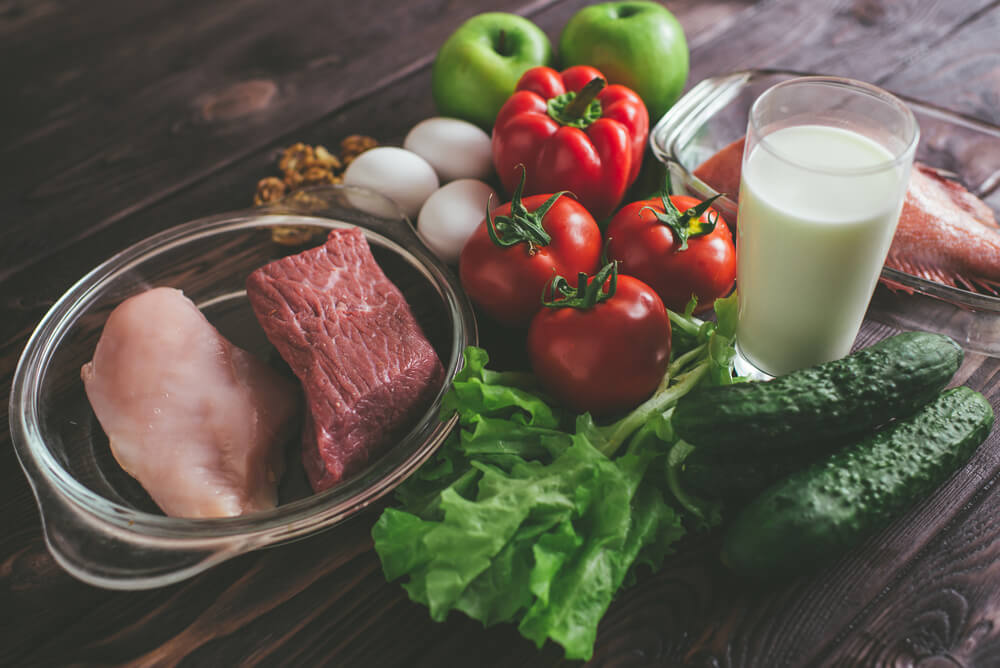

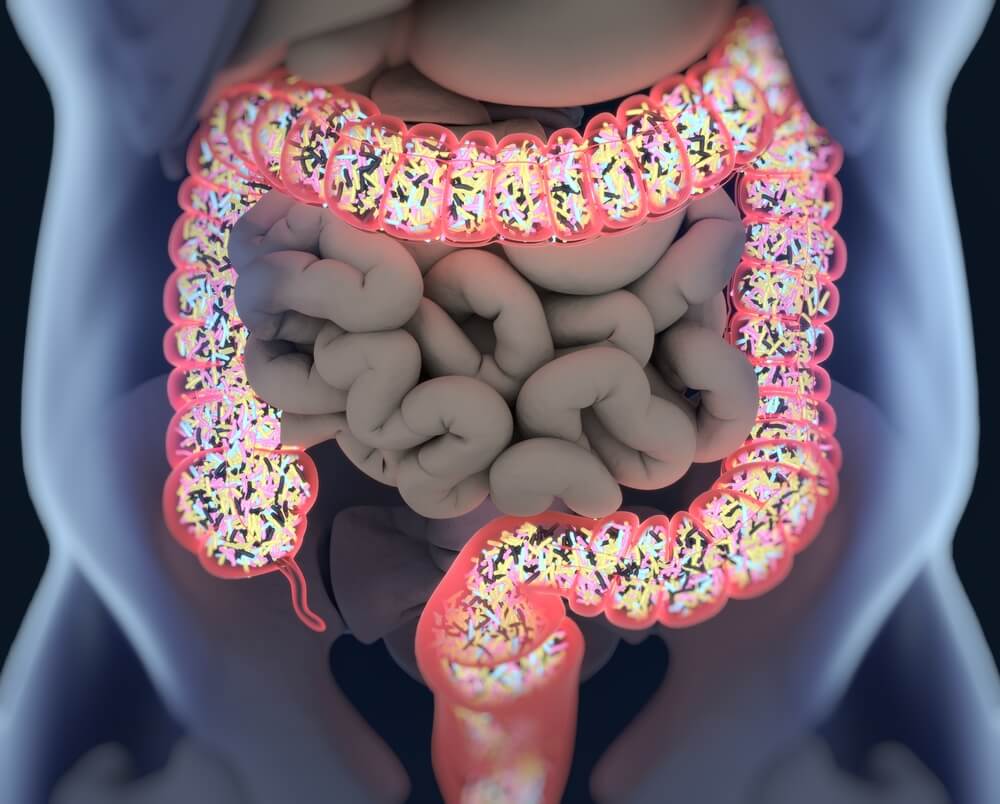
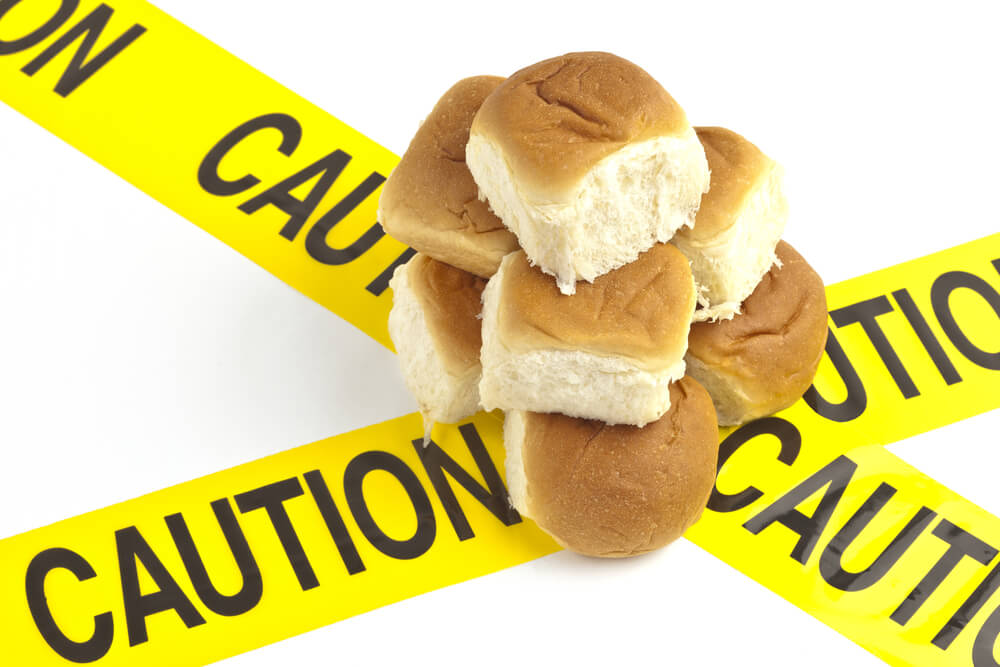
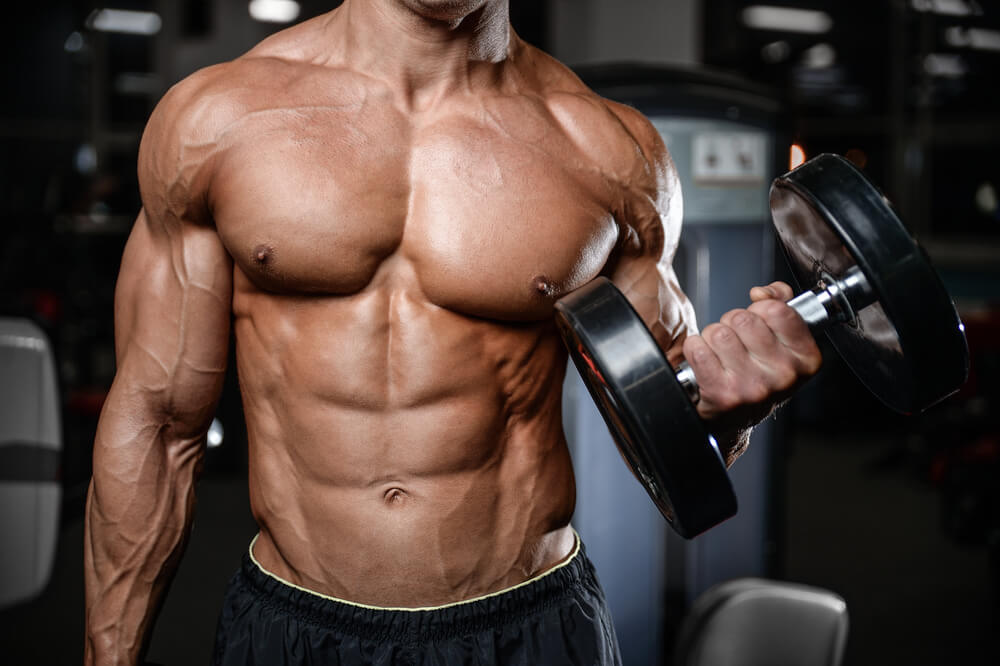

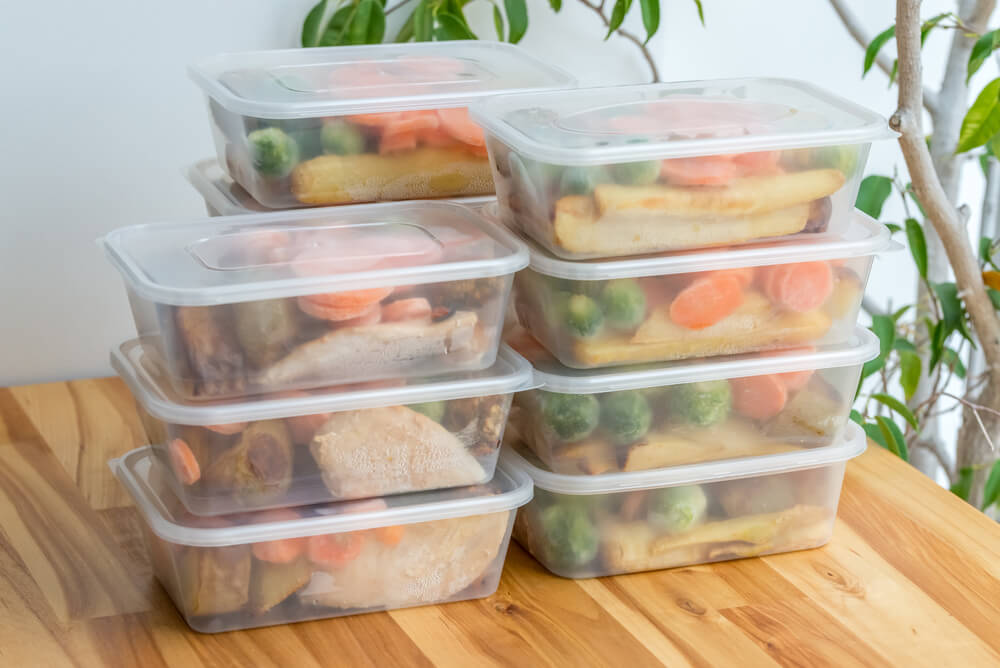
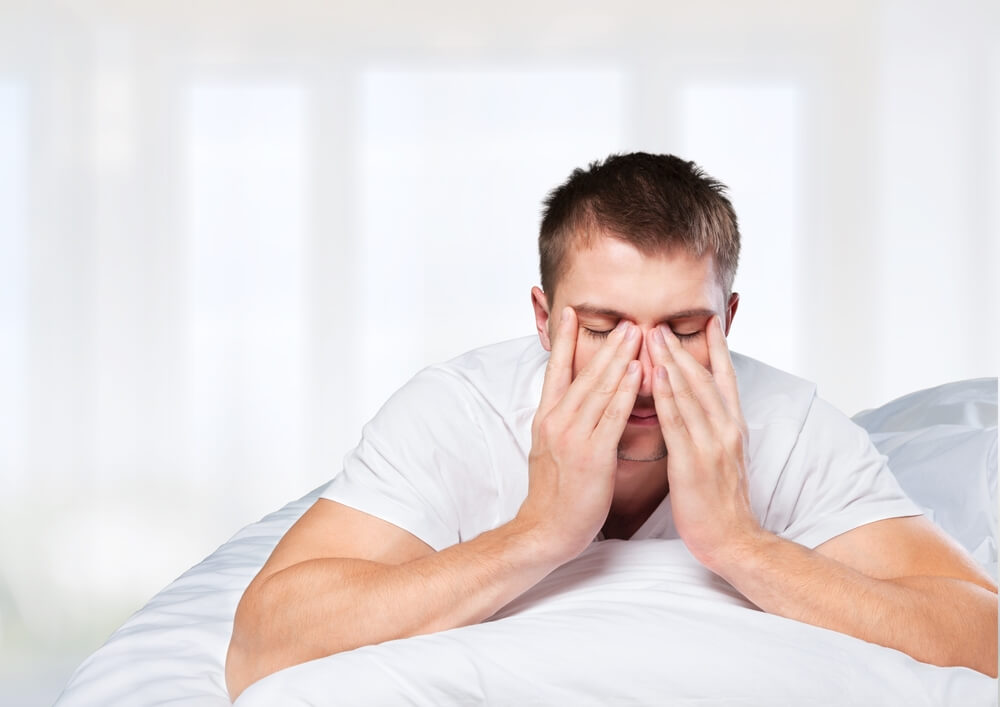




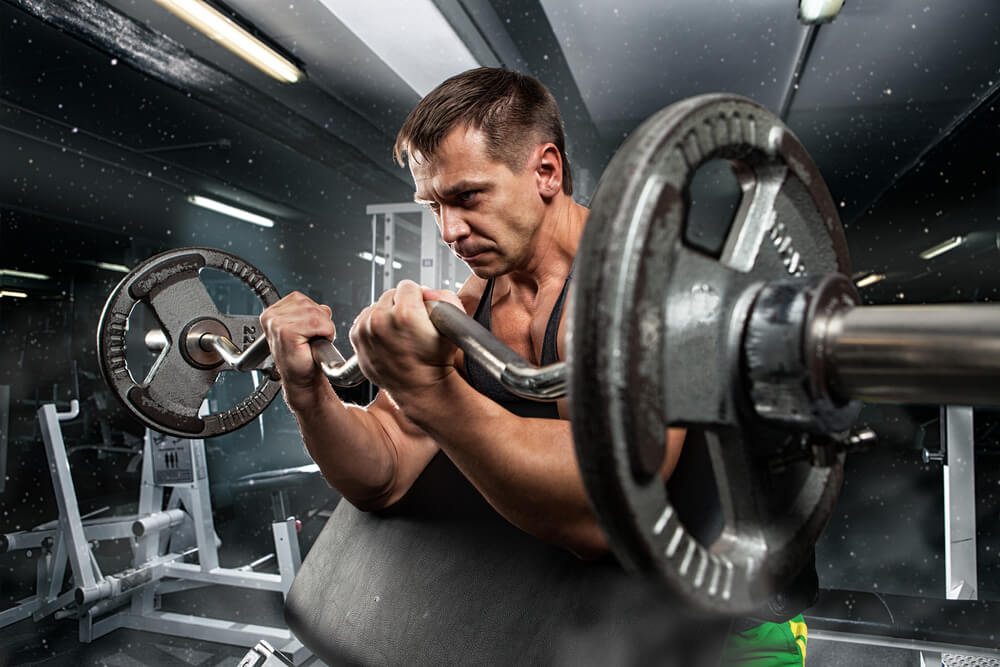




[…] post The Best Diet for Muscle Gain appeared first on Gym […]
[…] post The Best Diet for Muscle Gain appeared first on Gym […]
[…] via- https://gymjunkies.com/best-diet-for-muscle-gain/ […]
[…] post The Best Diet for Muscle Gain appeared first on Gym […]
[…] terms of reps and sets, you want to focus on 8-12 reps (3-4 sets)for optimal muscle gain. If you workout at home and you don’t have enough weight, slow down your reps. Instead of blowing […]
[…] terms of reps and sets, you want to focus on 8-12 reps (3-4 sets)for optimal muscle gain. If you workout at home and you don’t have enough weight, slow down your reps. Instead of blowing […]
[…] it comes to reps and units, you need to give attention to 8-12 reps (3-Four units)for optimal muscle gain. In case you exercise at house and also you don’t have sufficient weight, decelerate your reps. […]
[…] How long does it take to drop 100 calories from your diet? […]
I must say this is an amazing and very helpful article. Thanks for sharing this diet in such a detailed manner. Well done.
[…] Read more […]
[…] are several ways you can improve your daily workout routine and, with it, boost your gains along the […]
The information you provide is very valuable to us.
I am so happy to read this. This is the kind of manual that needs to be given and not the random misinformation that’s at the other blogs.
have a nice day
I want to increase my weight but I cannot find the appropriate diet for myself
[…] Gym Junkies […]
[…] Gym Junkies […]
[…] Source […]
[…] are several ways you can improve your daily workout routine and, with it, boost your gains along the […]
[…] are several ways you can improve your daily workout routine and, with it, boost your gains along the […]
[…] are several ways you can improve your daily workout routine and, with it, boost your gains along the […]
[…] are several ways you can improve your daily workout routine and, with it, boost your gains along the […]
I have read your blog, it was very helpful for me. I want to say thank you to you. I have bookmarked your website to read more news articles from you.
[…] are several ways you can improve your daily workout routine and, with it, boost your gains along the […]
[…] are a number of methods you can enhance your day-to-day exercise regimen and, with it, boost your gains along the […]
I appreciate your post because it has a lot of good information that I can absorb and learn.